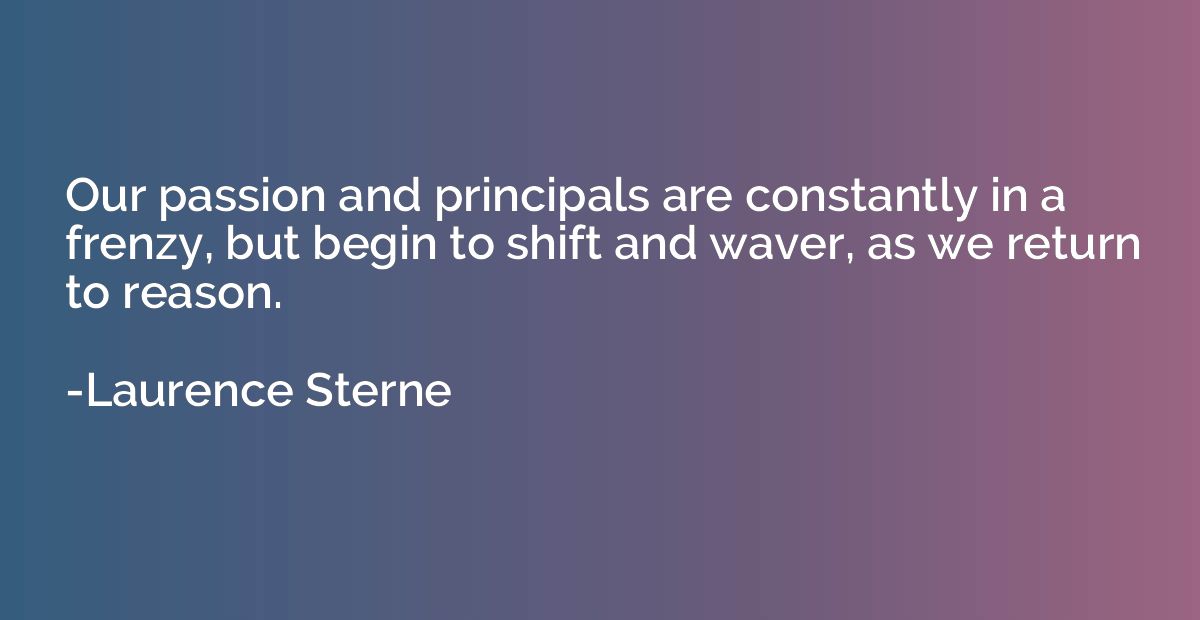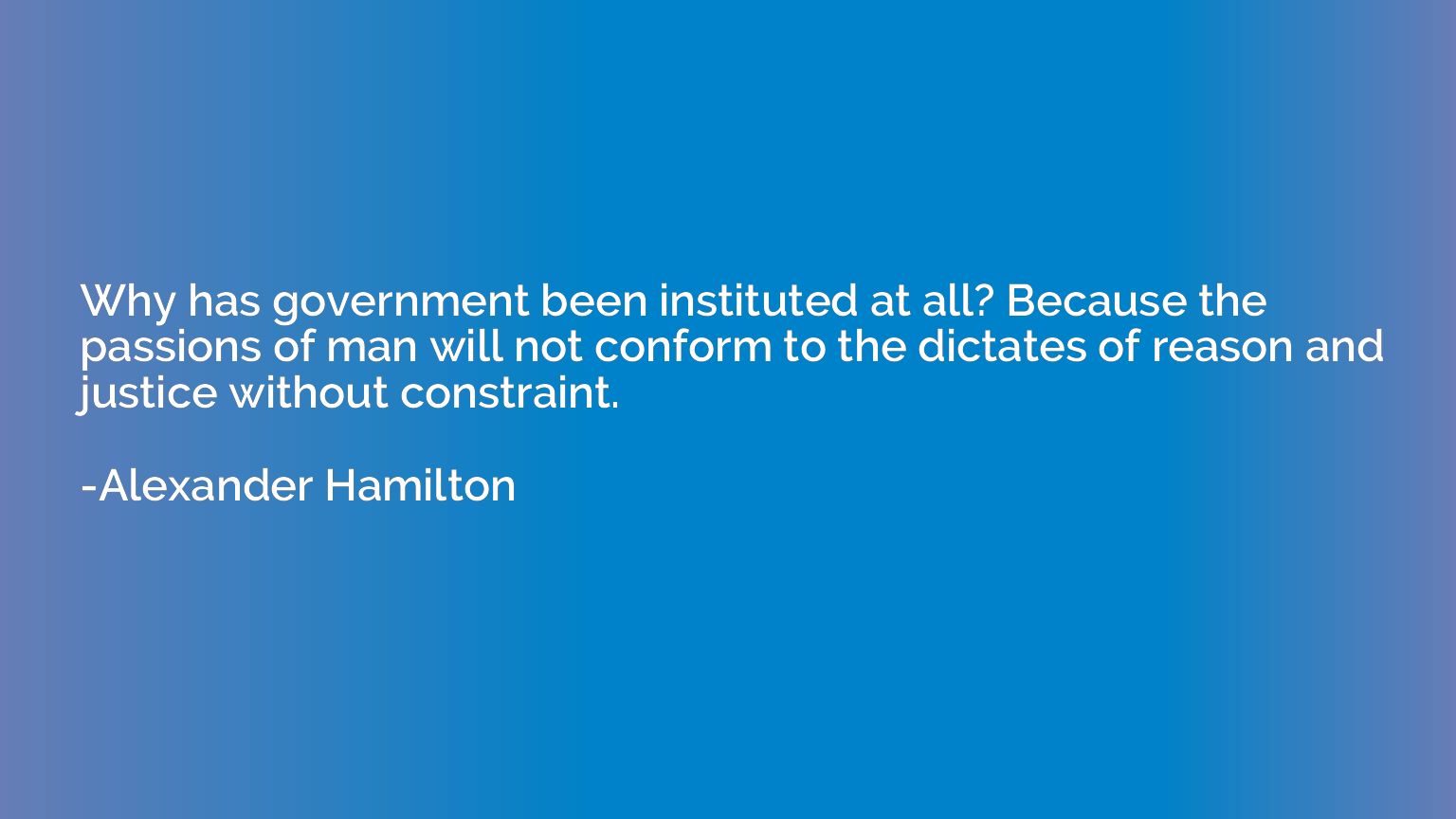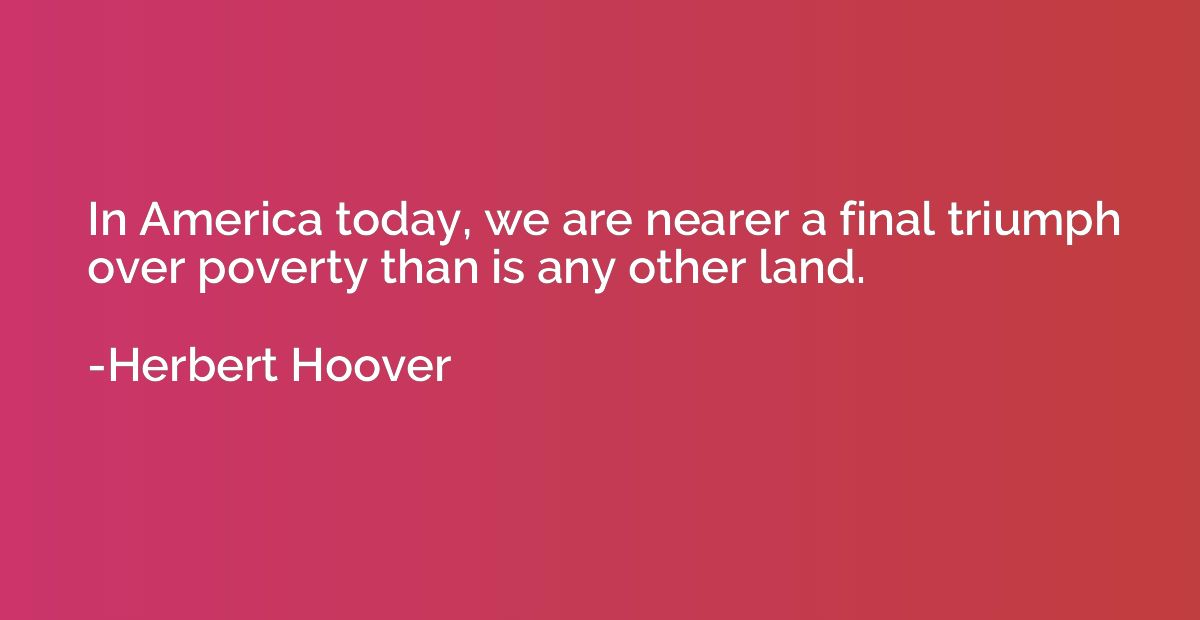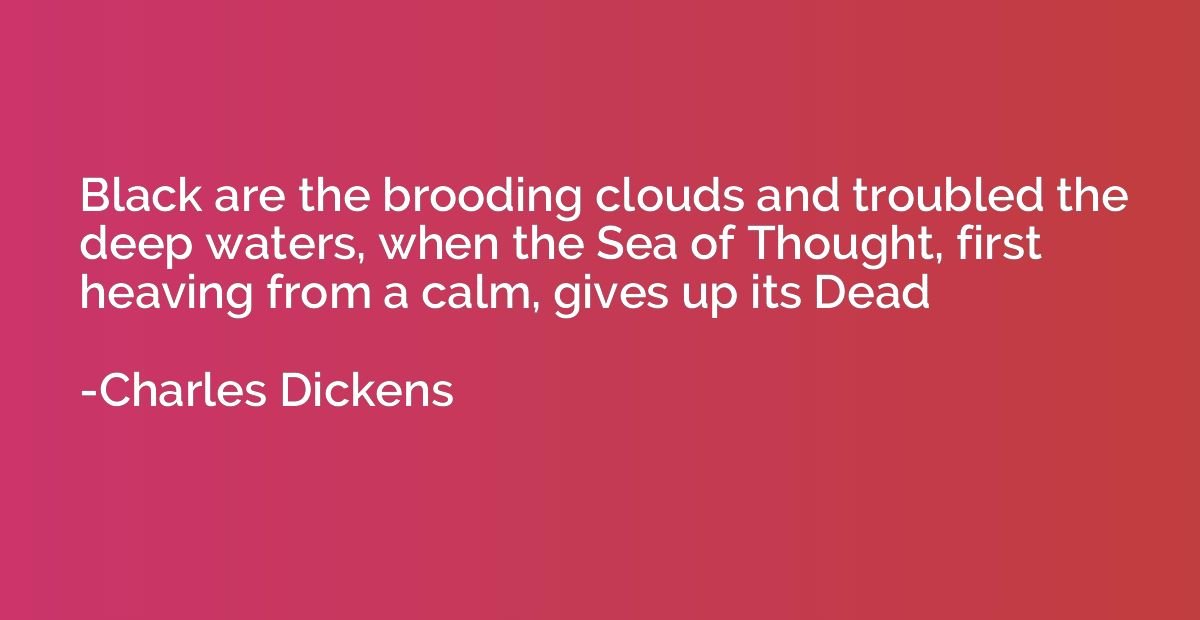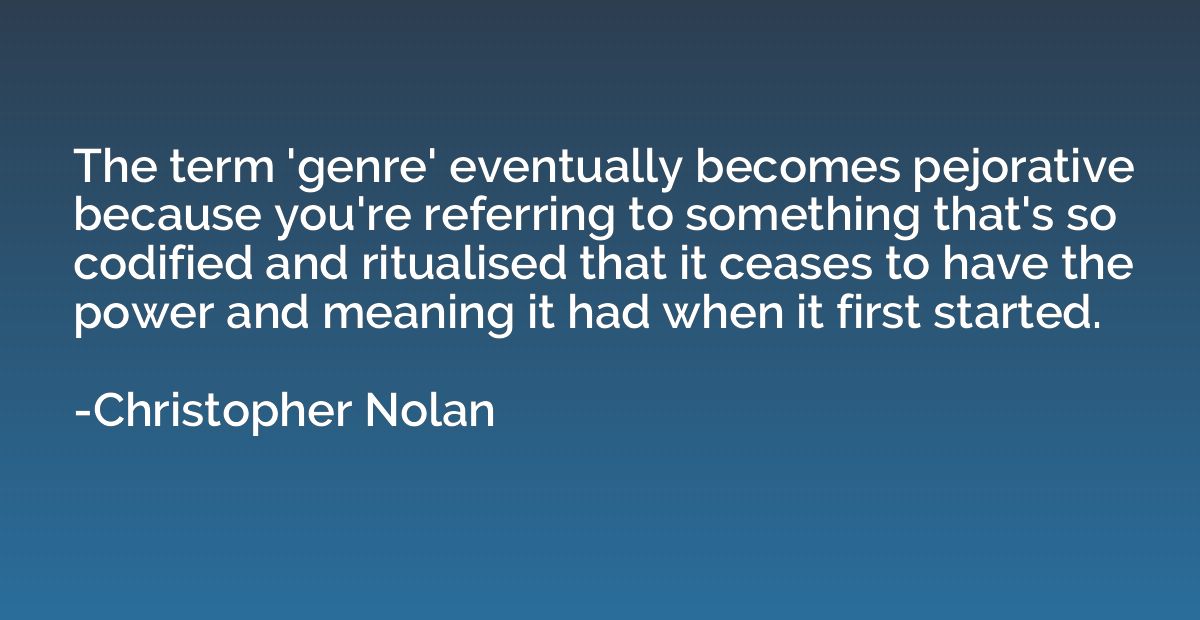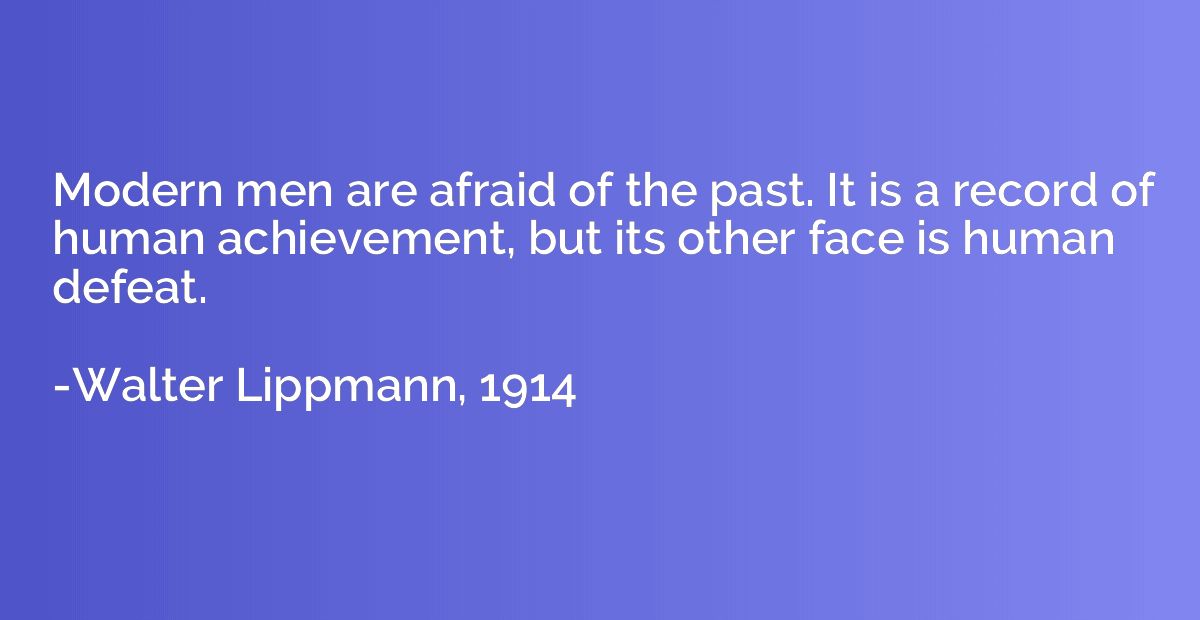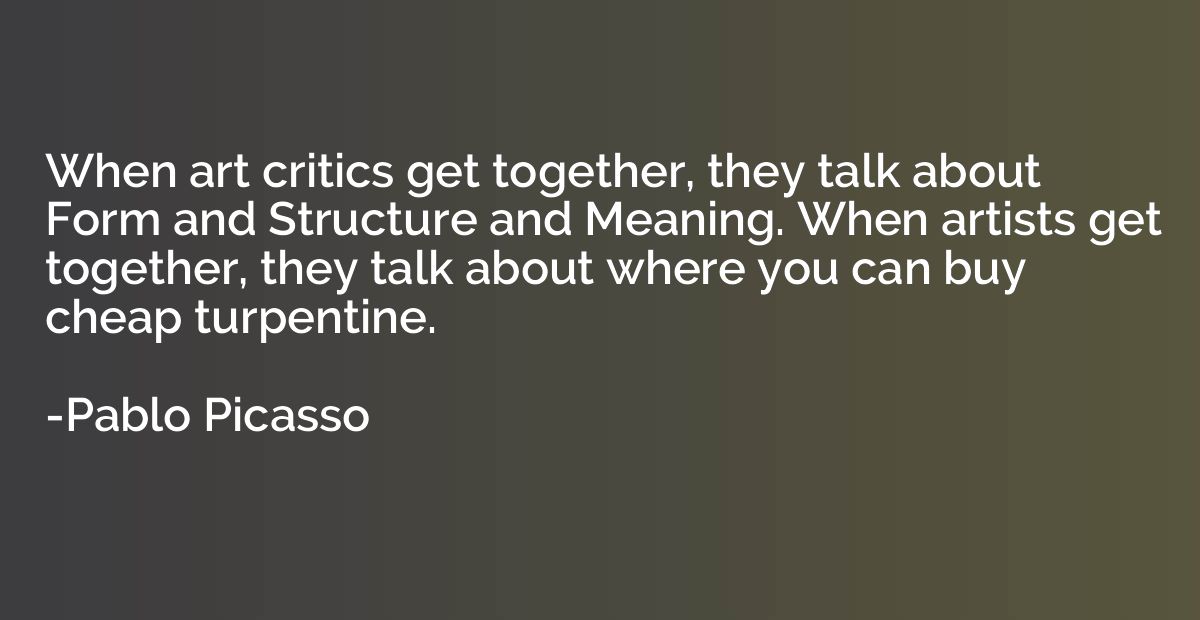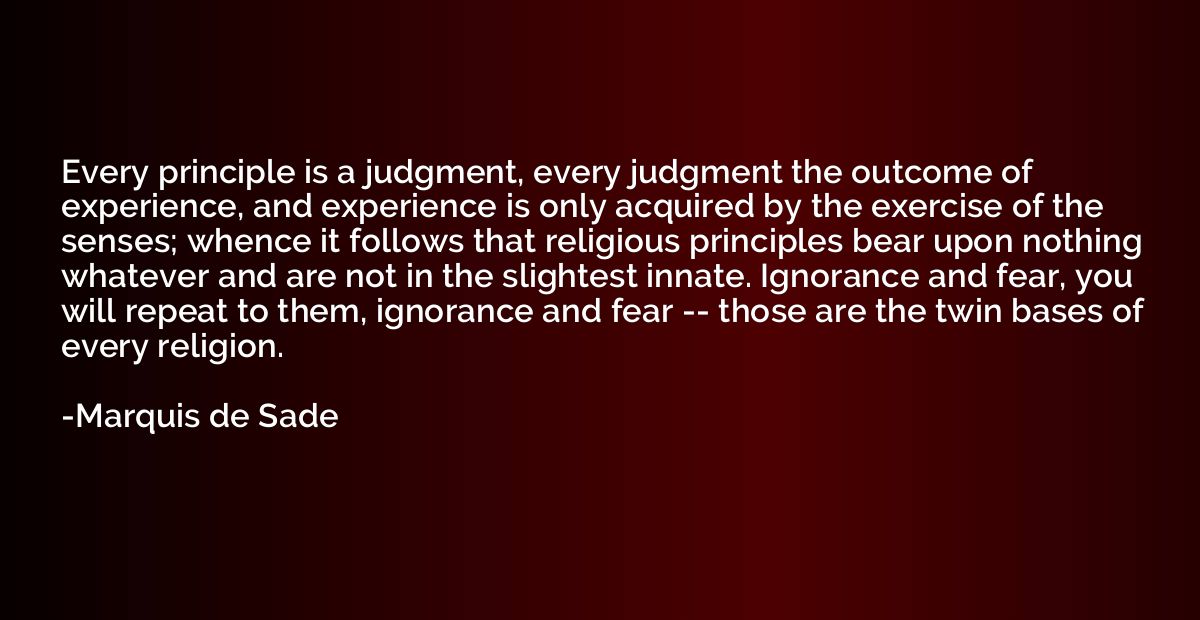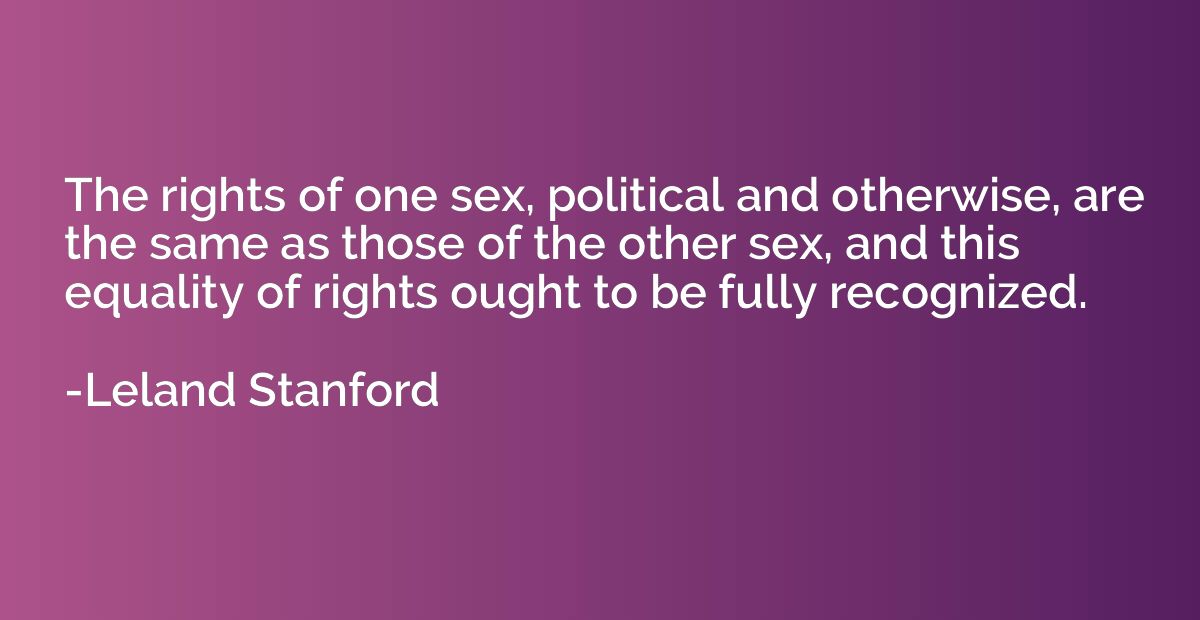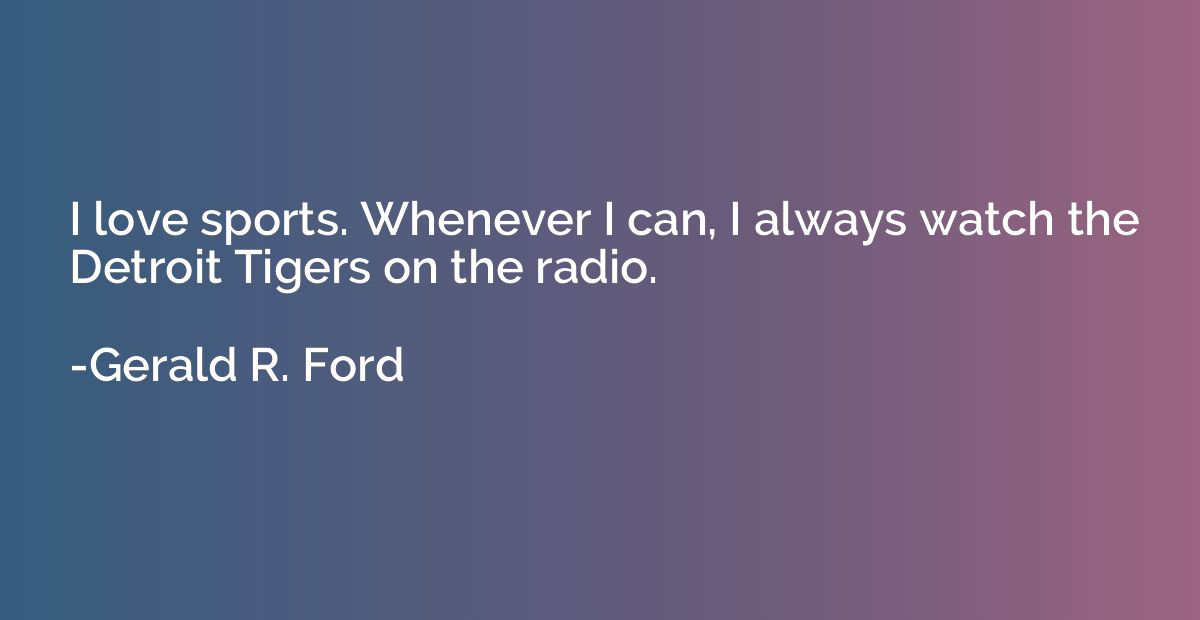Quote by George Orwell
What he realised, and more clearly as time went on, was that money-worship has been elevated into a religion. Perhaps it is the only real religion-the only felt religion-that is left to us. Money is what God used to be. Good and evil have no meaning any longer except failure and success. Hence the profoundly significant phrase, to make good. The decalogue has been reduced to two commandments. One for the employers-the elect, the money priesthood as it were- 'Thou shalt make money'; the other for the employed- the slaves and underlings'- 'Thou shalt not lose thy job.' It was about this time that he came across The Ragged Trousered Philanthropists and read about the starving carpenter who pawns everything but sticks to his aspidistra. The aspidistra became a sort of symbol for Gordon after that. The aspidistra, the flower of England! It ought to be on our coat of arms instead of the lion and the unicorn. There will be no revolution in England while there are aspidistras in the windows.
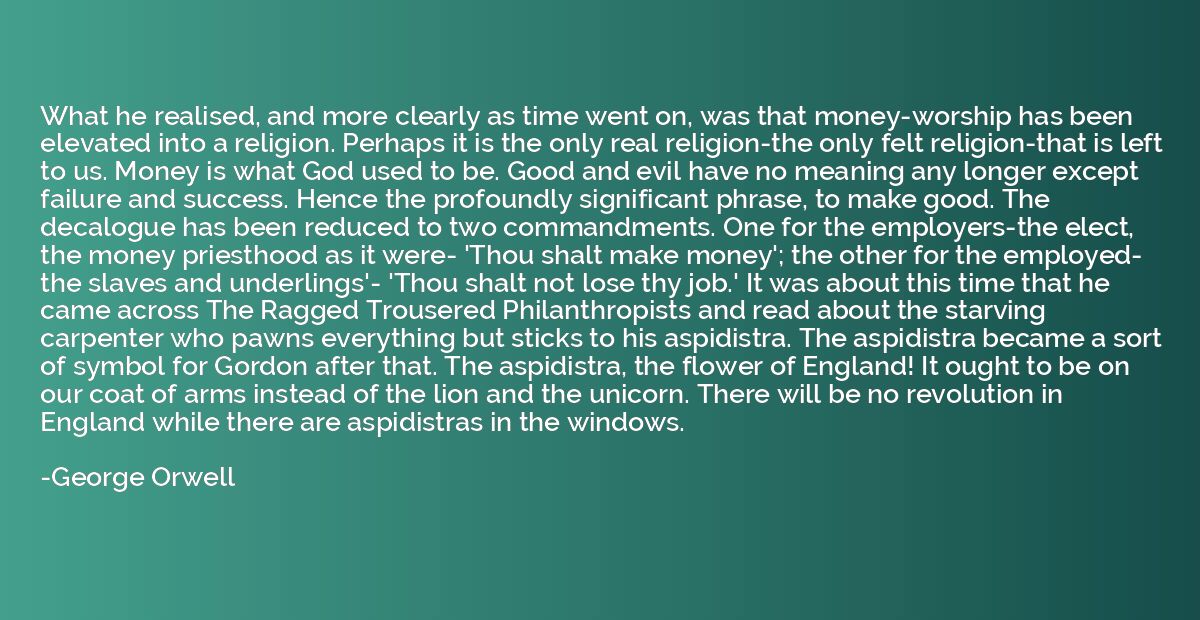
Summary
This quote reflects the protagonist's realization that society's obsession with money has reached a religious height, replacing traditional beliefs of good and evil. Money has become what God used to represent, and success and failure are now the only markers of moral worth. The decalogue, or Ten Commandments, has been simplified to a single commandment for employers ("Thou shalt make money") and another for employees ("Thou shalt not lose thy job"). This radical perspective leads the character to connect with The Ragged Trousered Philanthropists and see the symbolic significance of the aspidistra plant as a representation of societal conformity and stagnation.



